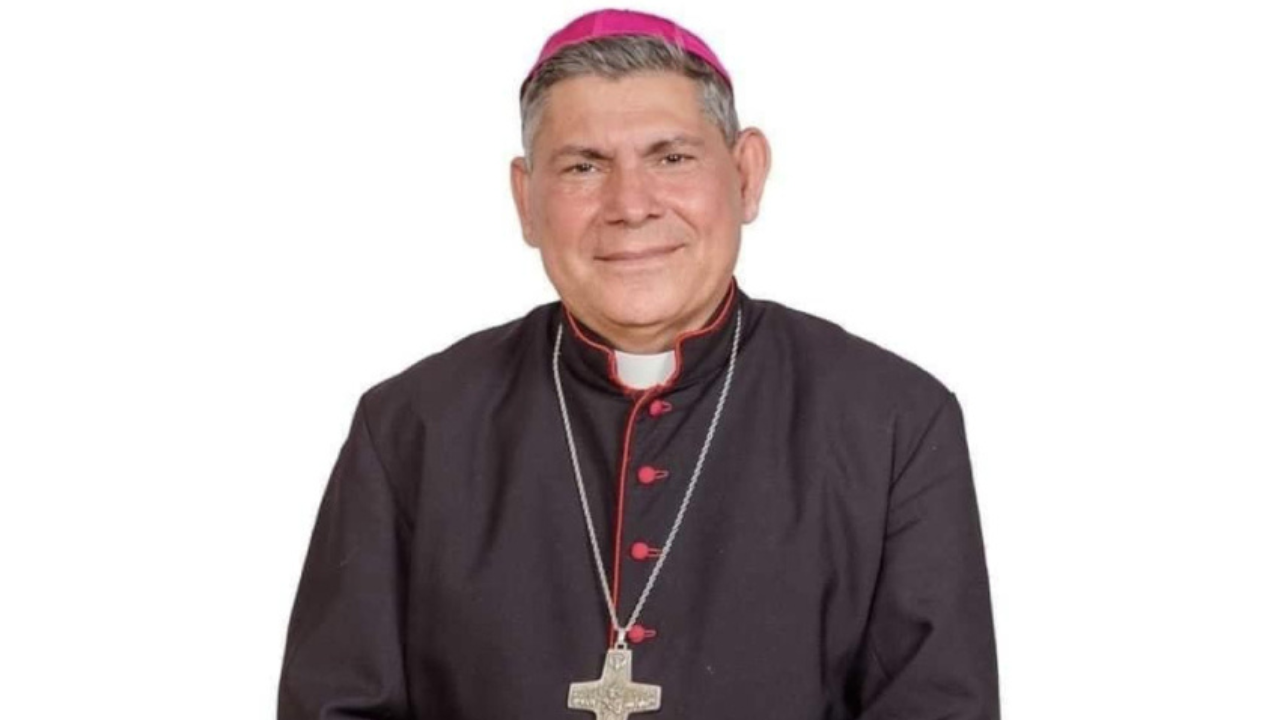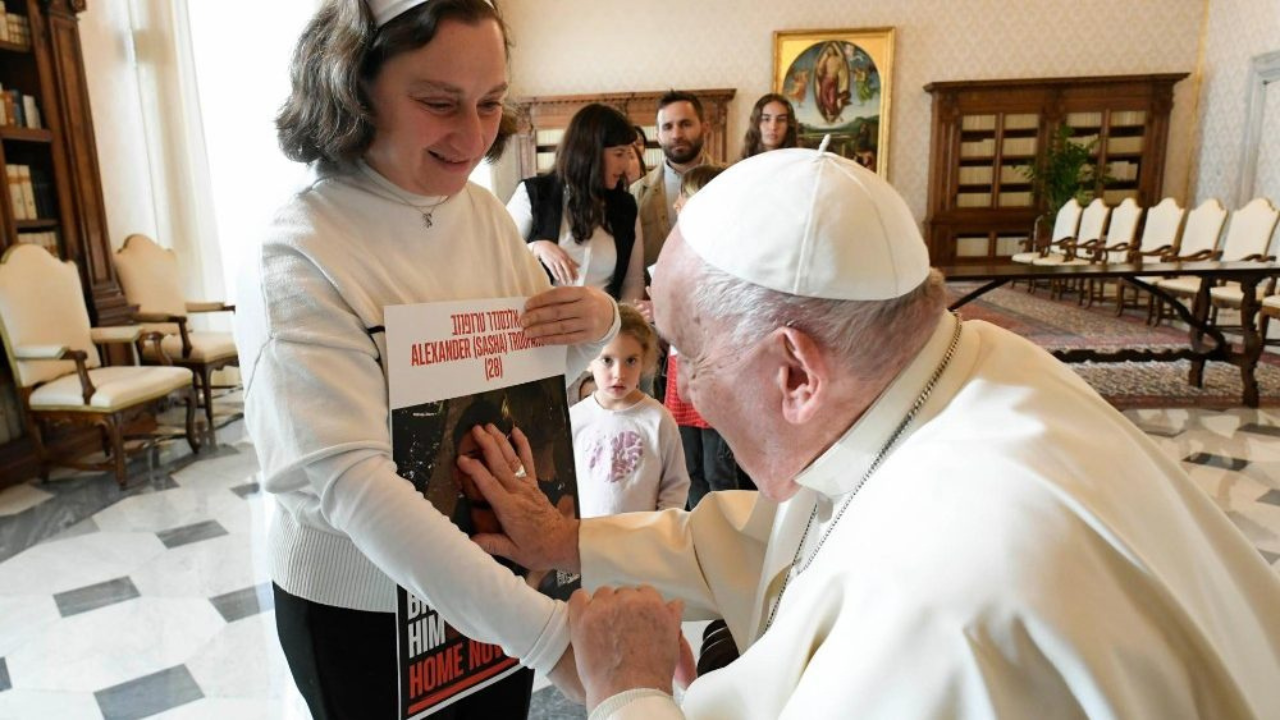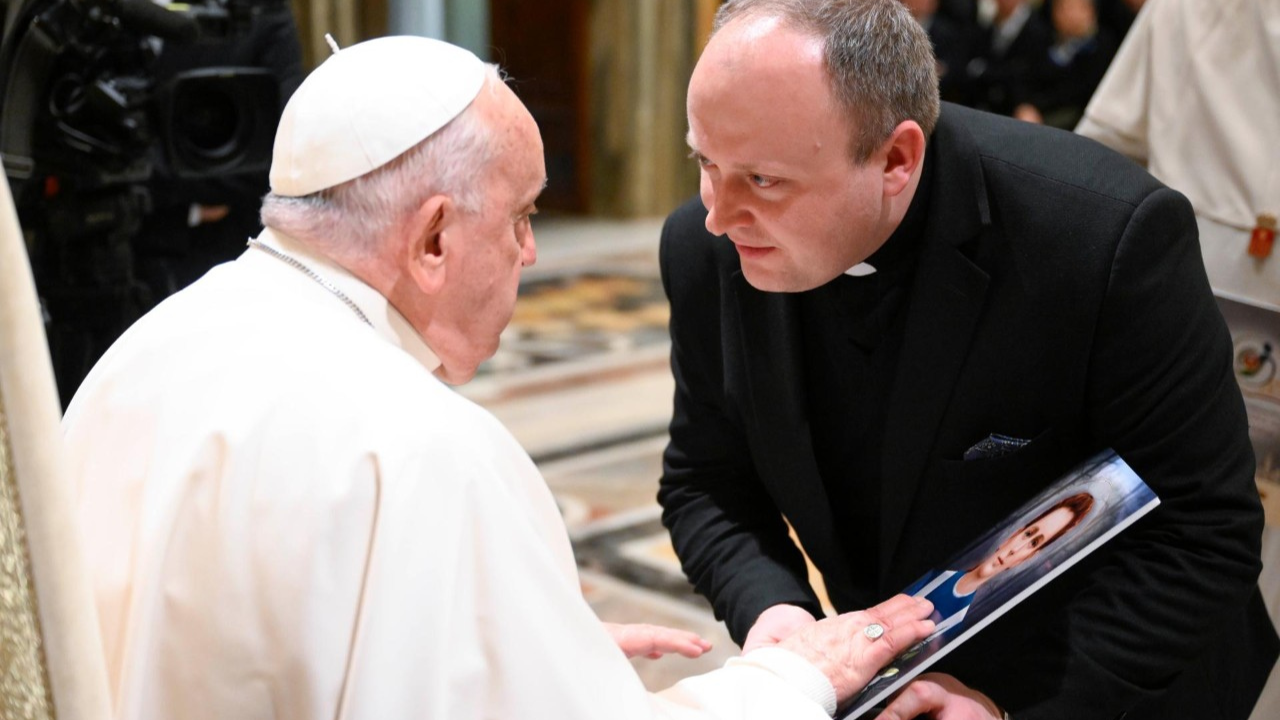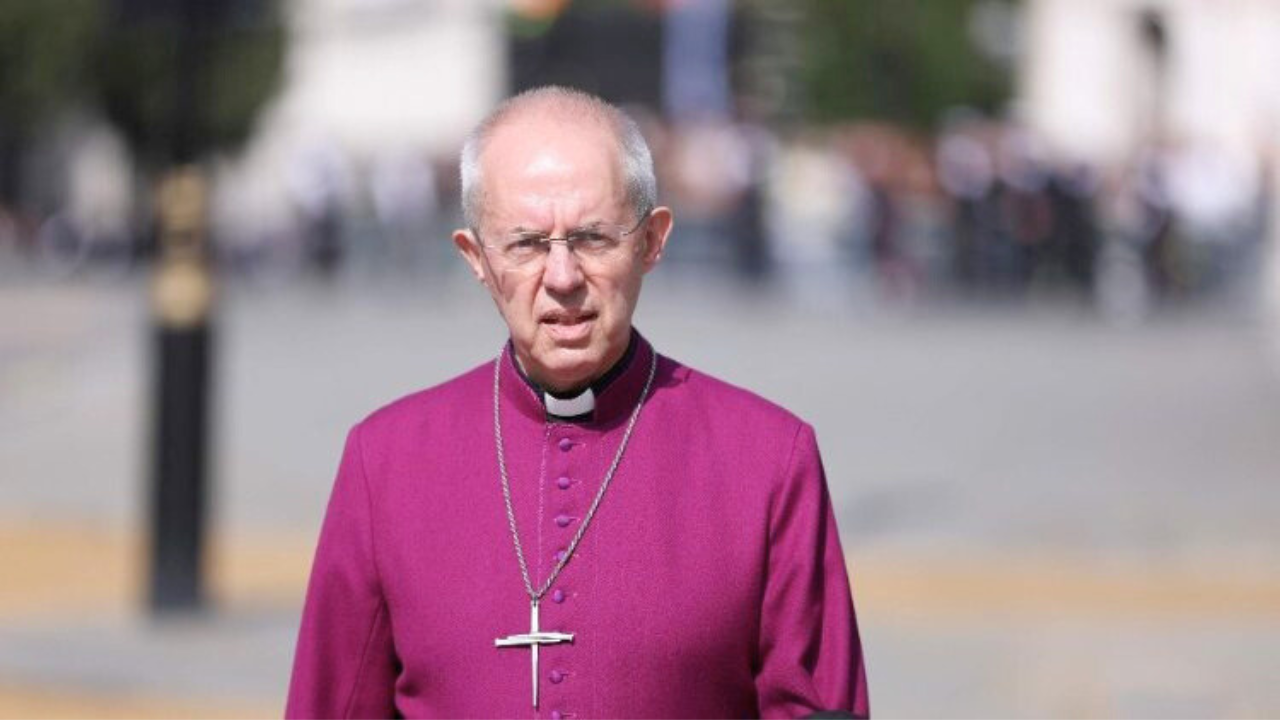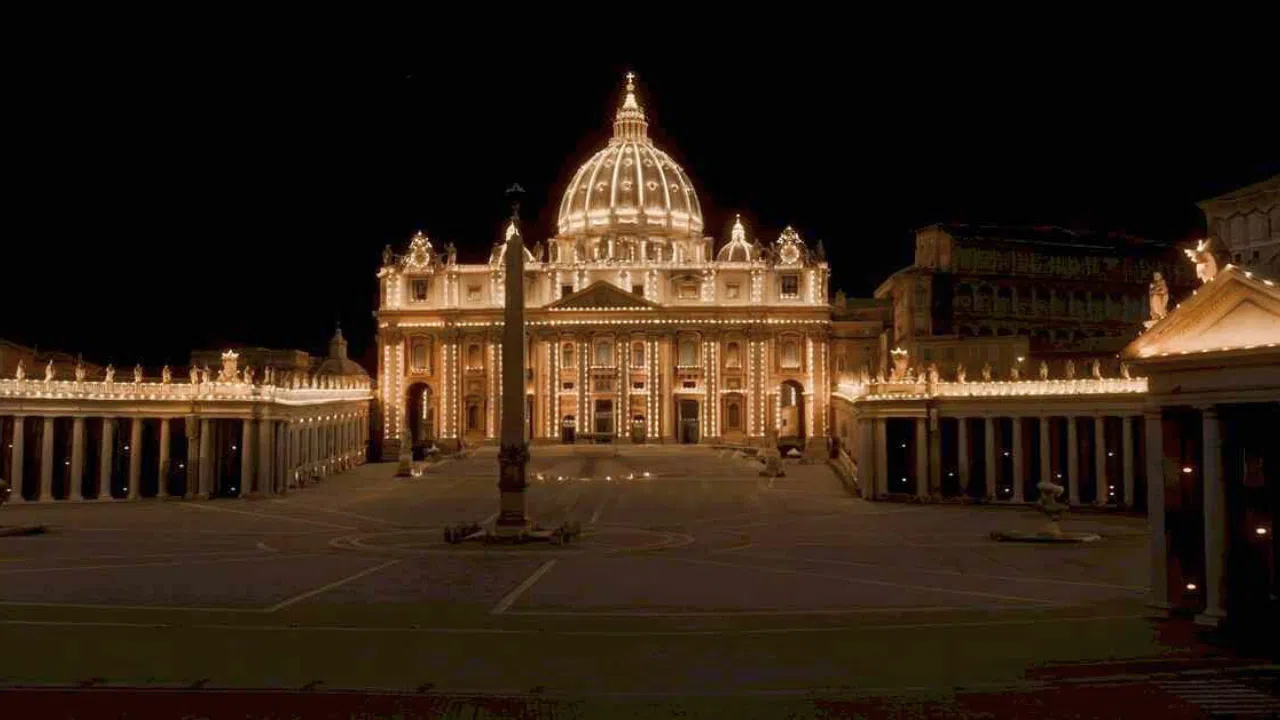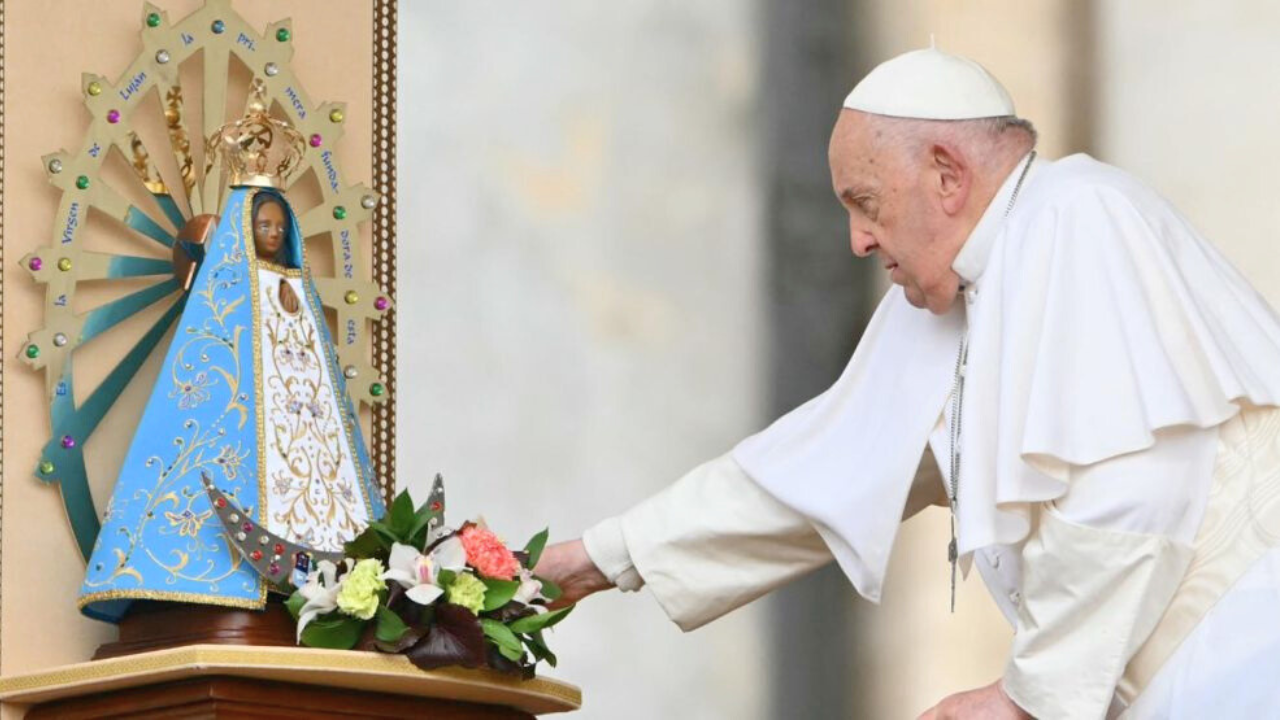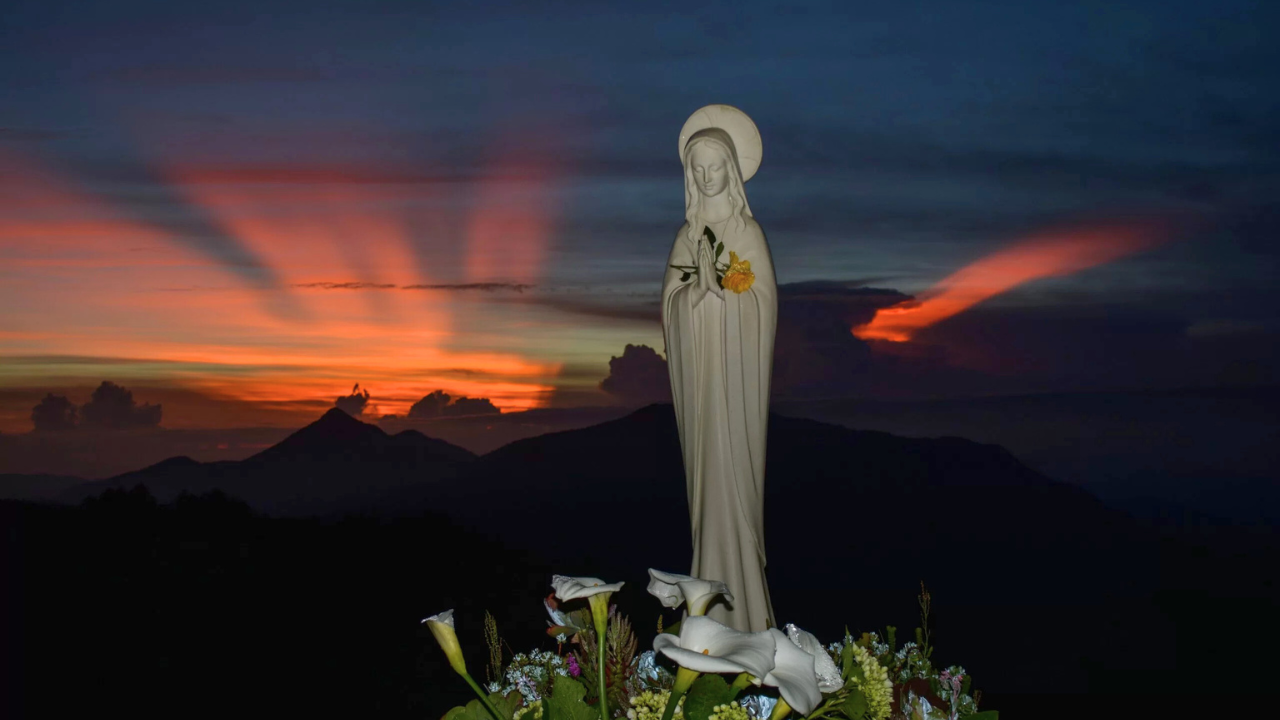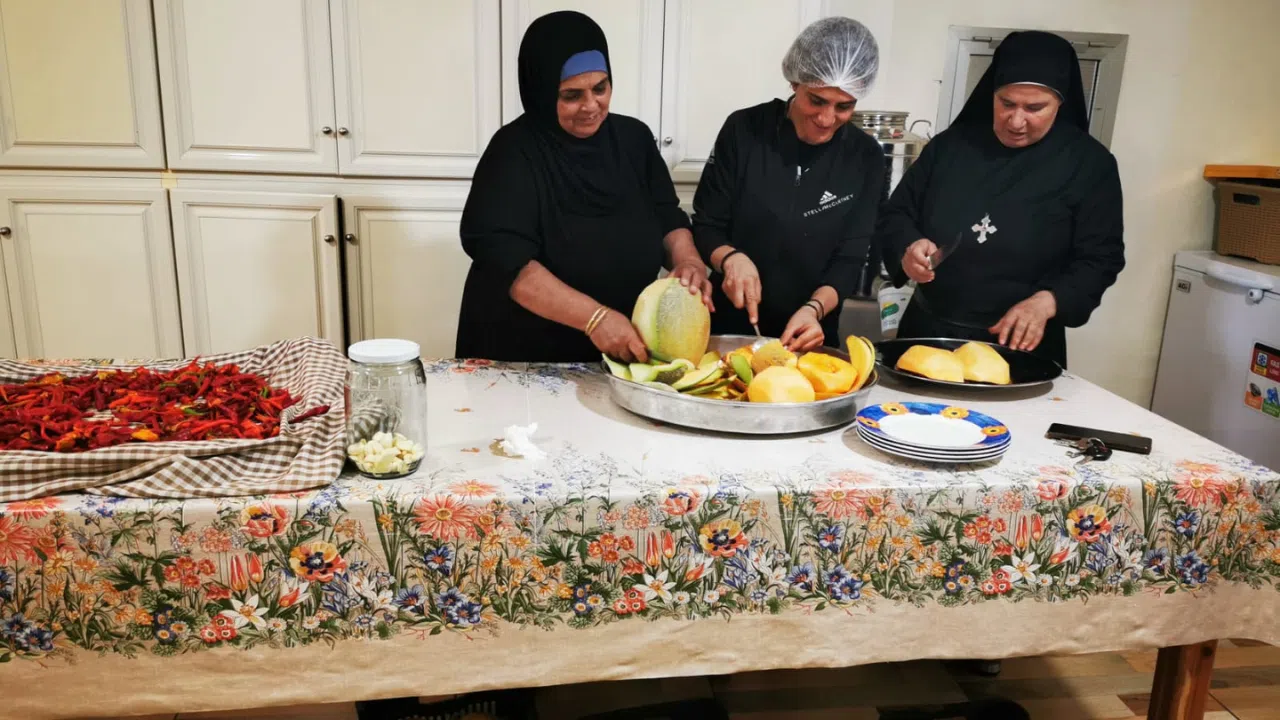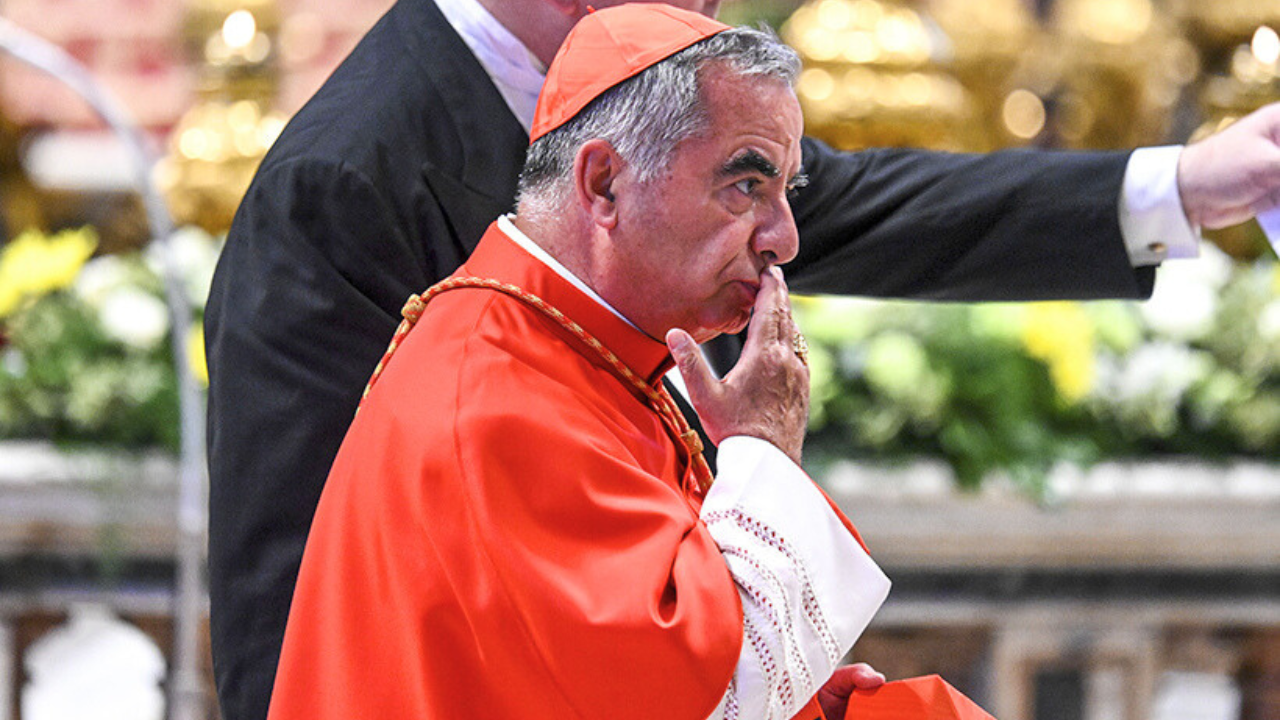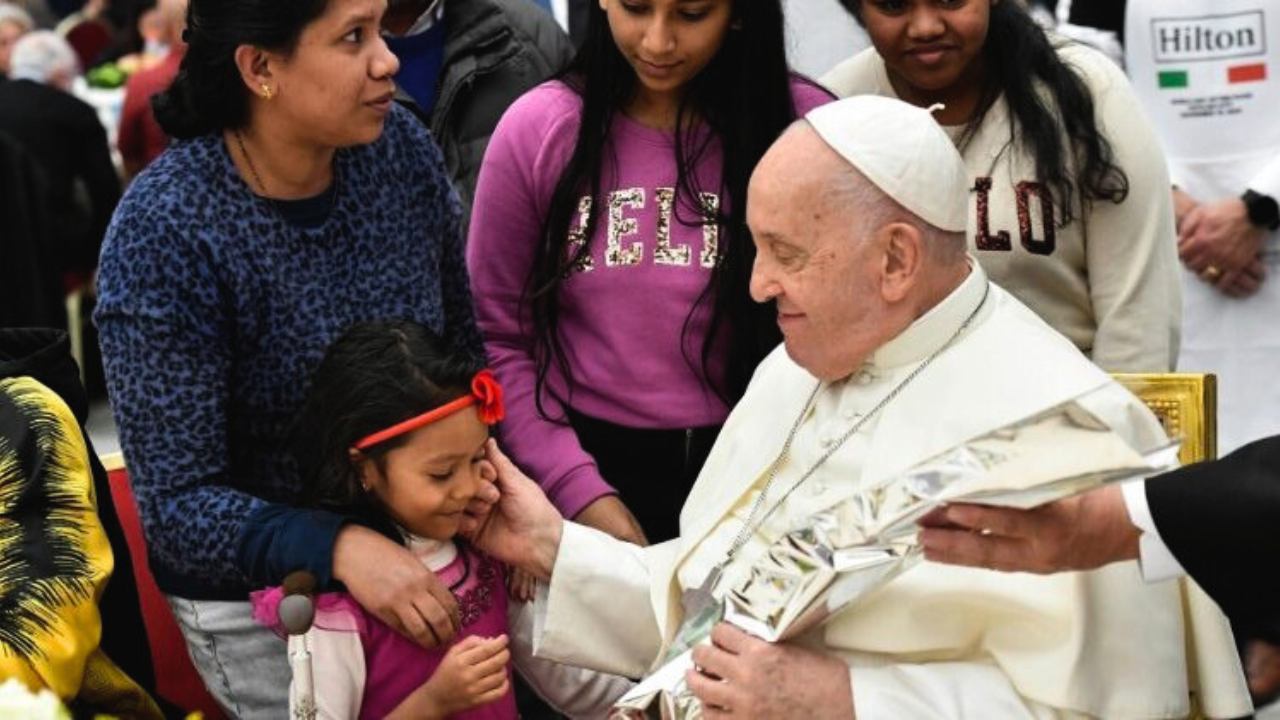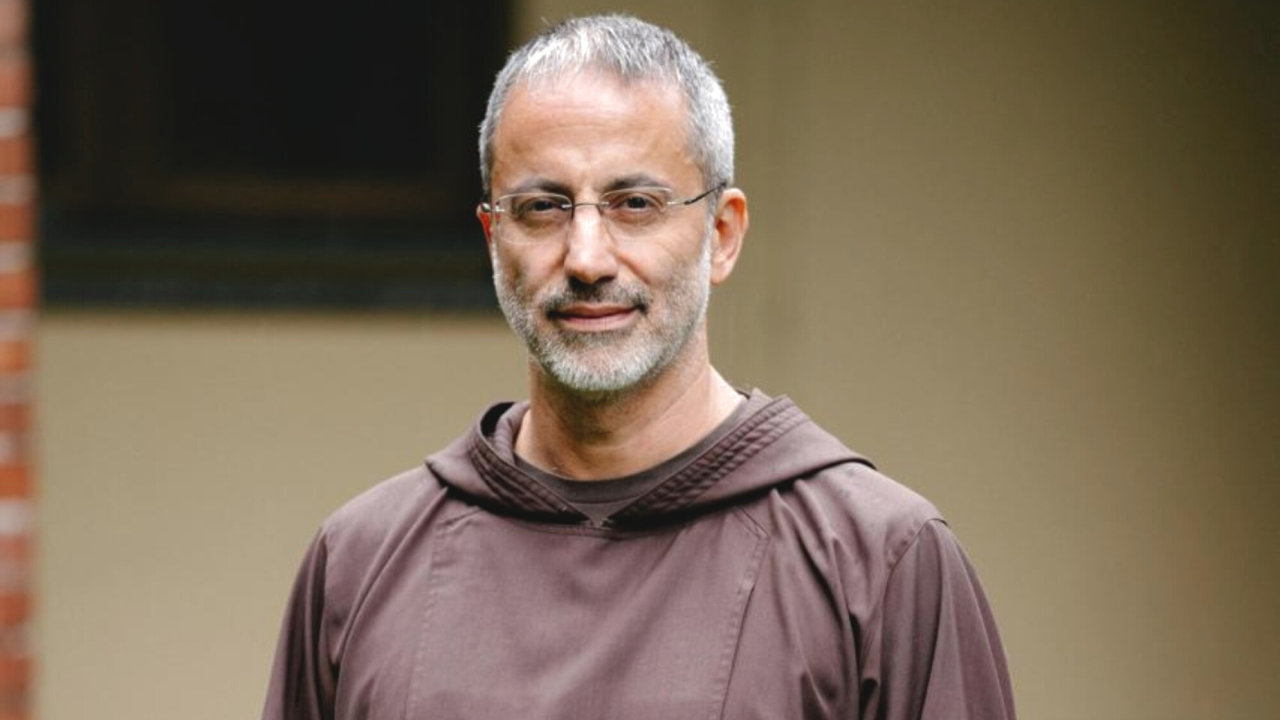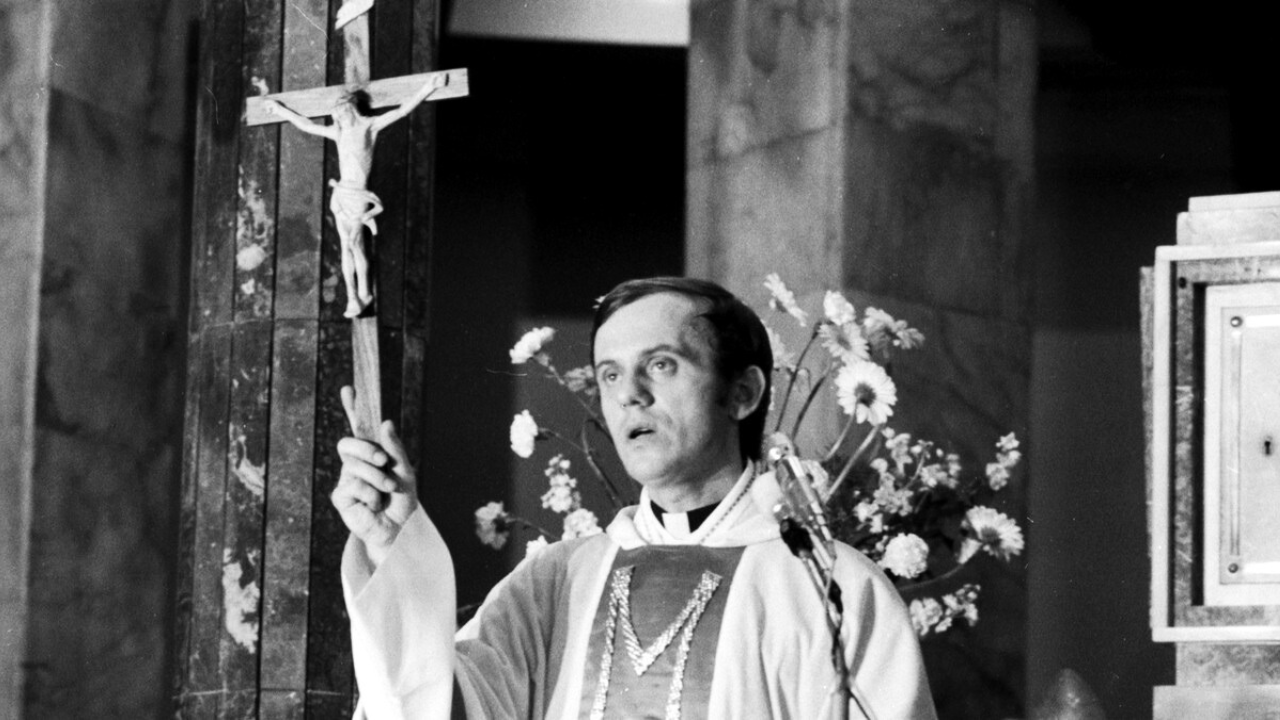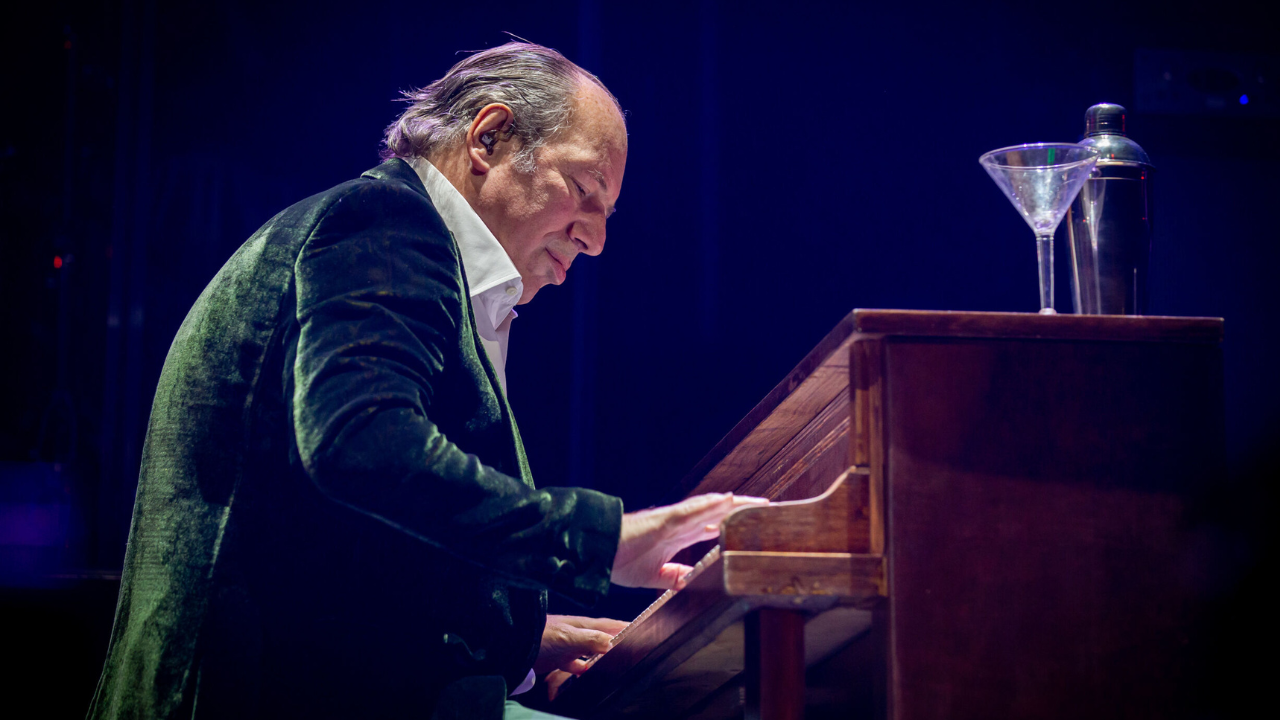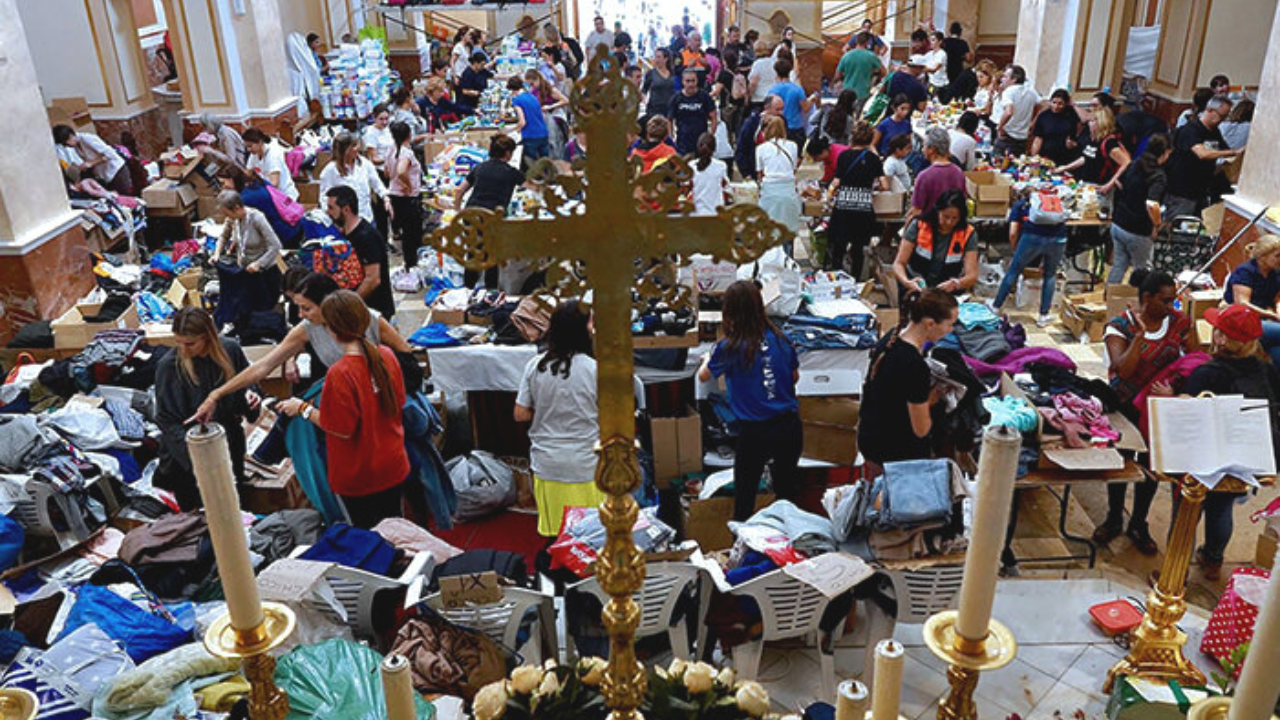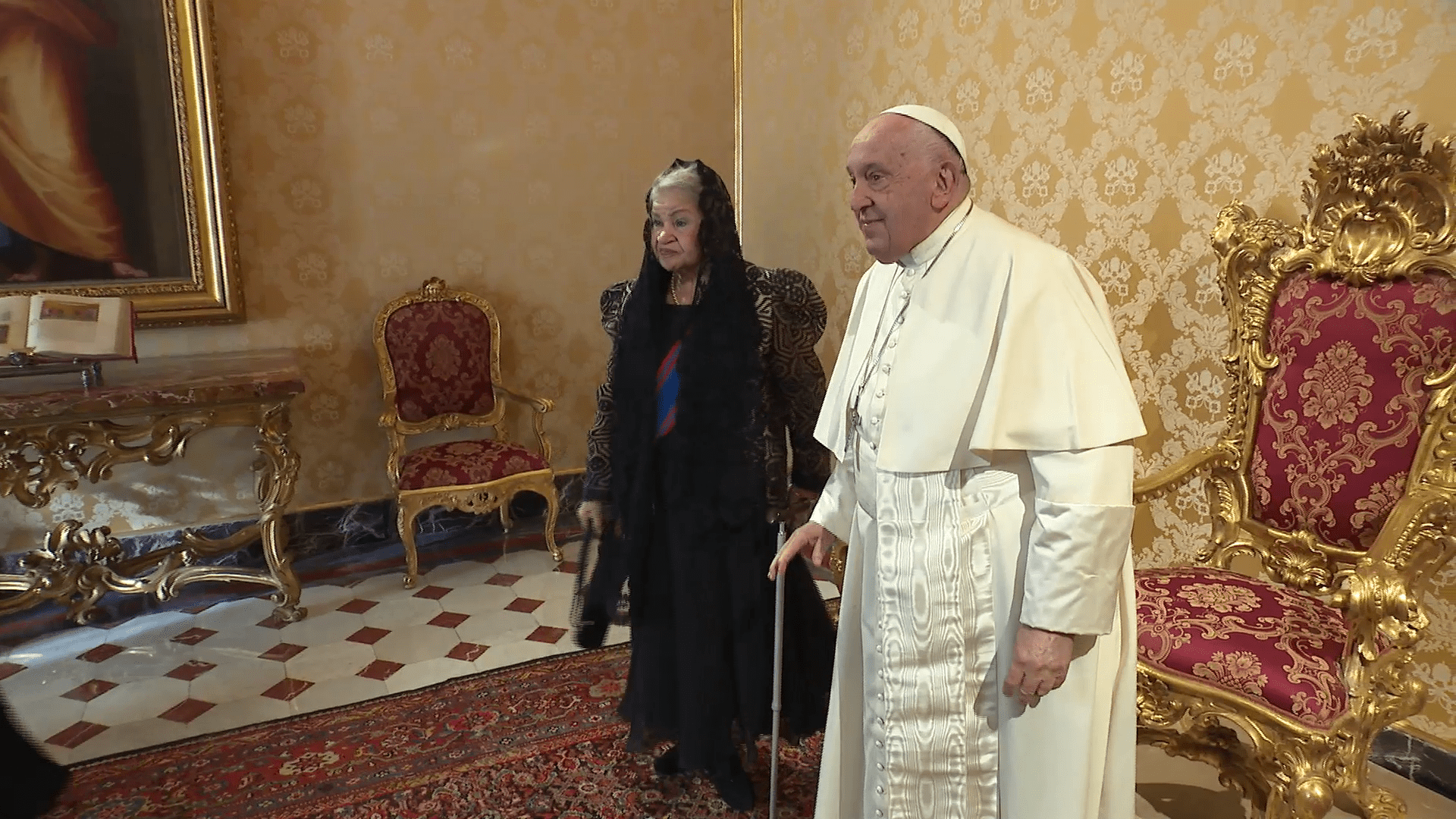Morocco is one of the critical points of the migratory crisis between Africa and Europe.
Cardinal Cristóbal López, Archbishop of Rabat, has a privileged view of the local church's response to this crisis. Especially along the border with Algeria, the place of origin of many refugees and migrants attempting to reach Spain.
CARD. CRISTÓBAL LÓPEZ
Archbishop of Rabat (Morocco)
“In a single night, the parish priest, who is also my vicar general, might wake up five, six, seven times to open the door to young people. Some are minors. And for one, two or three months during the pandemic, he had up to 150 people staying at the parish because they couldn't move due to the lockdown.”
Morocco is a point of intersection for refugees and migrants who pass through countries like Senegal, Mali and Niger, and risk their lives crossing the desert to reach Europe.
CARD. CRISTÓBAL LÓPEZ
Archbishop of Rabat (Morocco)
“Every week, they face very serious medical situations. Surgeries, wounds, broken bones. Because crossing the border isn't free. It comes with falls, bruises, persecution.”
The migration challenge isn't the only concern for the Church in Morocco, which Pope Francis visited in 2019.
At the local synod currently underway, the Church is addressing two other important matters. One is interreligous dialogue. The other is dialogue among Catholics. For instance, between European priests and African lay people.
CARD. CRISTÓBAL LÓPEZ
Archbishop of Rabat (Morocco)
“Africans are very cheerful, dynamic, rhythmic, very... loud, we could say. And Europeans like that at first, but they eventually ask for silence, tranquility, that everything be more subdued. It's okay that Mass is a little longer, but not more than two hours, please (laughs). The celebration styles are different.”
Cardinal Cristóbal López is a Salesian. He spent many years in Paraguay, and was made a cardinal on Oct. 5, 2019. He is part of a group of cardinals who live in countries where Catholics are a minority. In Morocco, for instance, Catholics make up less than one percent of the population.
Javier Romero
